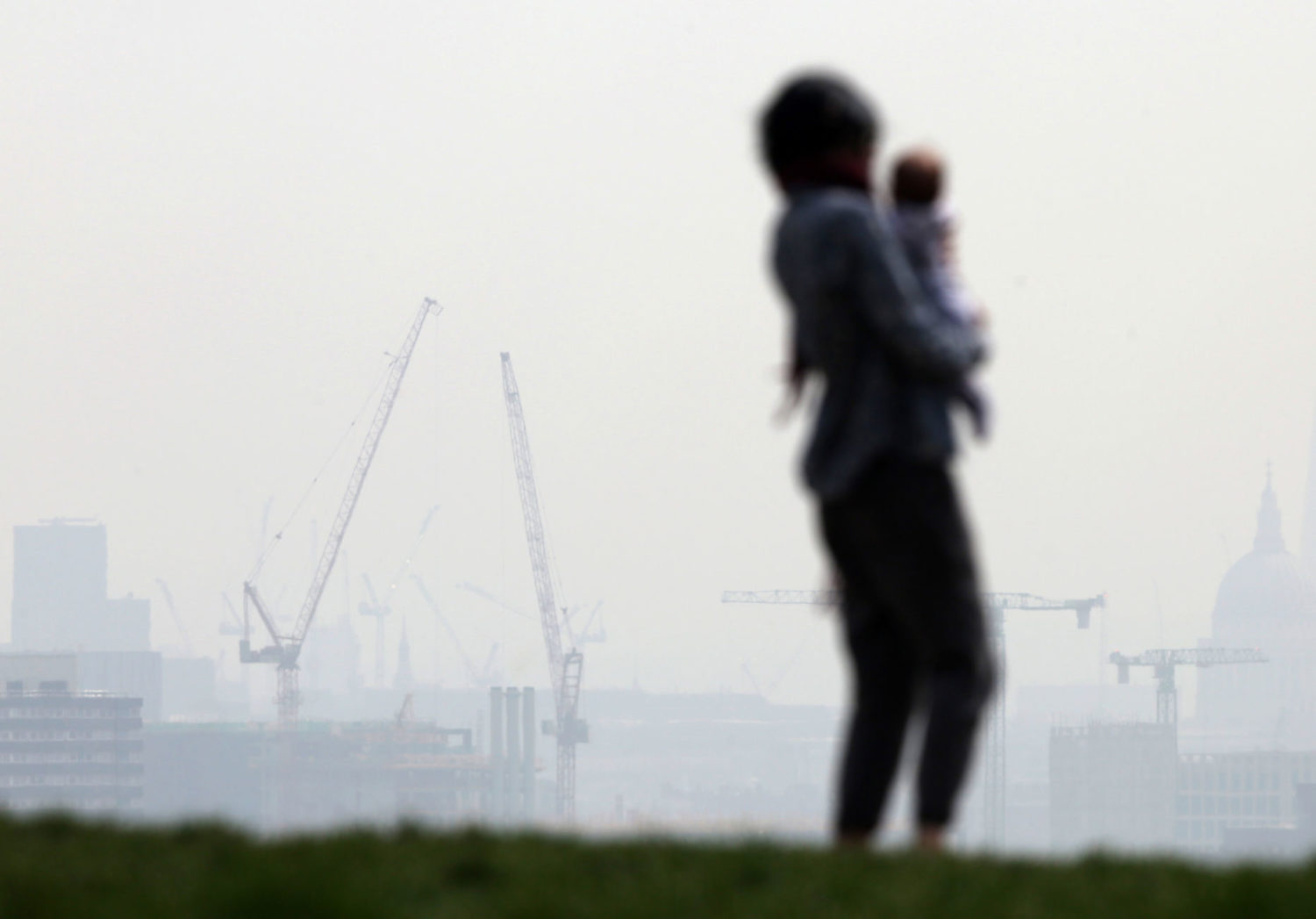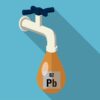Conducted by researchers at Columbia University, a new study found that air pollution may cause academic adversities during childhood.
The results appeared in the peer-reviewed journal Environmental Research.
For the study, researchers followed 200 children as part of a longitudinal cohort in regions of New York.
“Participants were recruited from a prospective birth cohort. Measures of prenatal airborne polycyclic aromatic hydrocarbons (PAH) during the third trimester of pregnancy, inhibitory control (NEPSY Inhibition),” researchers stated in their study.
According to the study, increased prenatal polycyclic aromatic hydrocarbons exposure led to decreased reading and mathematical abilities in adolescence in the children followed.
“Higher prenatal PAH exposure and lower childhood inhibitory control were associated with worse spelling, passage comprehension, and math in adolescence. Notably, childhood inhibitory control mediated PAH exposure-related effects on achievement in adolescents,” researchers drew from their findings.
“Identifying these potential exposure-related phenotypes of learning problems may promote interventions that target inhibitory control deficits rather than content specific deficits.”
The study was funded by the National Institute of Environmental Health Sciences, US Environmental Protection Agency, John and Wendy Neu Foundation, among other organizations.


